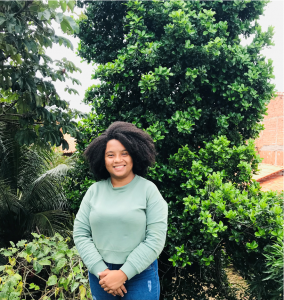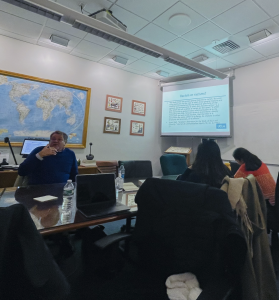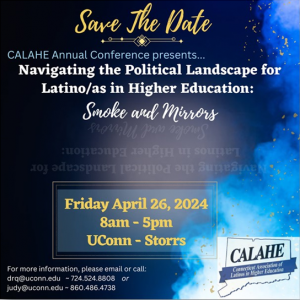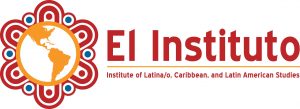Contributed by Menglu Chen
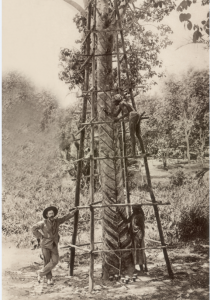
My research project aims to delve deeper into transnational narratives by exploring the interconnections between Latin America and Asia. Through an analysis of works such as José Eustasio Rivera’s La Vorágine, where the protagonist encounters the dreadful conditions of those coerced or misled into tapping rubber trees, my study tracks the colonial trajectory of the rubber tree from the Amazon to Southeast Asia. This migration of the rubber tree, witnessed by generations of Southeast Asian writers whose forebears tapped these trees, has become a significant theme in Southeast Asian literature. It serves as a lens through which writers reflect on their postcolonial history and reinterpret the narrative of the Amazonian rubber boom. This aspect of collective memory and historical reflection emphasizes how transnational exchanges can influence and shape cultural and literary dialogues, offering a richer understanding of global interconnectivity. The project aims to contribute to a more nuanced understanding of the Latin American literary tradition within global literature, fostering complex dialogues about ethnicity, identity, and memory across the Global South.


